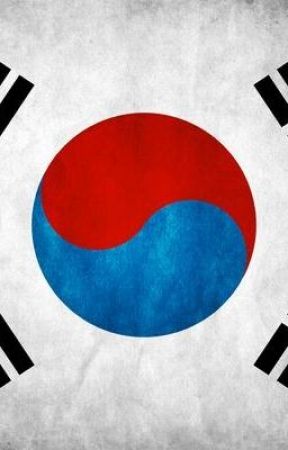(!) You should try to always use the formal unless the other person tells you that it's okay to speak informal to them.
For example adding the yo 요 at the end of the sentence or using naneun 나는 (I) instead of 나
There are three major types in the degrees of formality:
•Informal
•Polite/Formal
•Honorific
In expressing the politeness in the speech, Korean differs from English in that the verb endings change depending on the age and rank of the person being addressed to and the social setting one finds oneself in. For example, when I'm asked, "Where are you going?" I might answer, "I'm going to school" in the following ways:
•학교 가 - [Informal, to people of the same age as me or younger than me, especially among close friends]
•학교 가요 - [Polite, to people older than me, and in formal social situations]
•학교 가는 중입니다 - [Honorific, this is rarely used in normal conversations. I would say this type of speaking is only found in very formal settings such as on the news or in the army.]
You would use the polite form even when the person you're speaking to is of the same age as you or younger than you if you're not very close to the person and/or you're in a formal social setting. I'd say it's best to stick to the polite form first and then use the informal form later as you gain more understanding of the Korean language.
The major mark of the division is probably the age. The polite language is used to people above one's age and informal language to people equal to and below one's age.
However, generally, the polite language is generally used in many social situations and the informal language is usually used among close friends.

YOU ARE READING
Learn Korean
RandomAs the title says, here you can learn Korean ;) Note: I'm not Korean I'm trying to learn it too and I try to be as careful as possible by using data from various websites not only from one. If you think something is wrong or there are more ways to...
